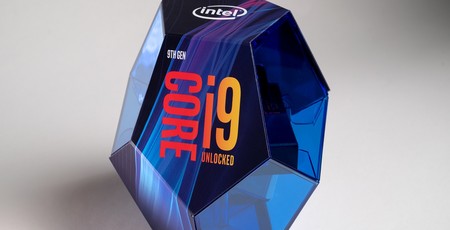
Only Nvidia's RTX series of graphics cards have divided opinion more than Intel's Core i9-9900K this year, and for the most part pricing is behind much of the negative feeling towards both products. Intel's new eight-core flagship costs a whopping £600, which is £200 more than the Core i7-8700K and £300 more than the AMD Ryzen 7 2700X. They seem like insurmountable odds when you consider the latter offers great multi-threaded performance and the former keeps up with the Core i9-9900K in most games.
To some degree that's true, and it's why there are plenty of comments out there focusing on the price and just how ridiculous it may seem for a mainstream CPU. However, the Core i9-9900K surprised me in a few areas, and on reflection it's difficult to pick holes in its performance, meaning that in some ways it does go a long way towards justifying its price tag.
With that in mind, here are three reasons I love the divisive Core i9-9900K.
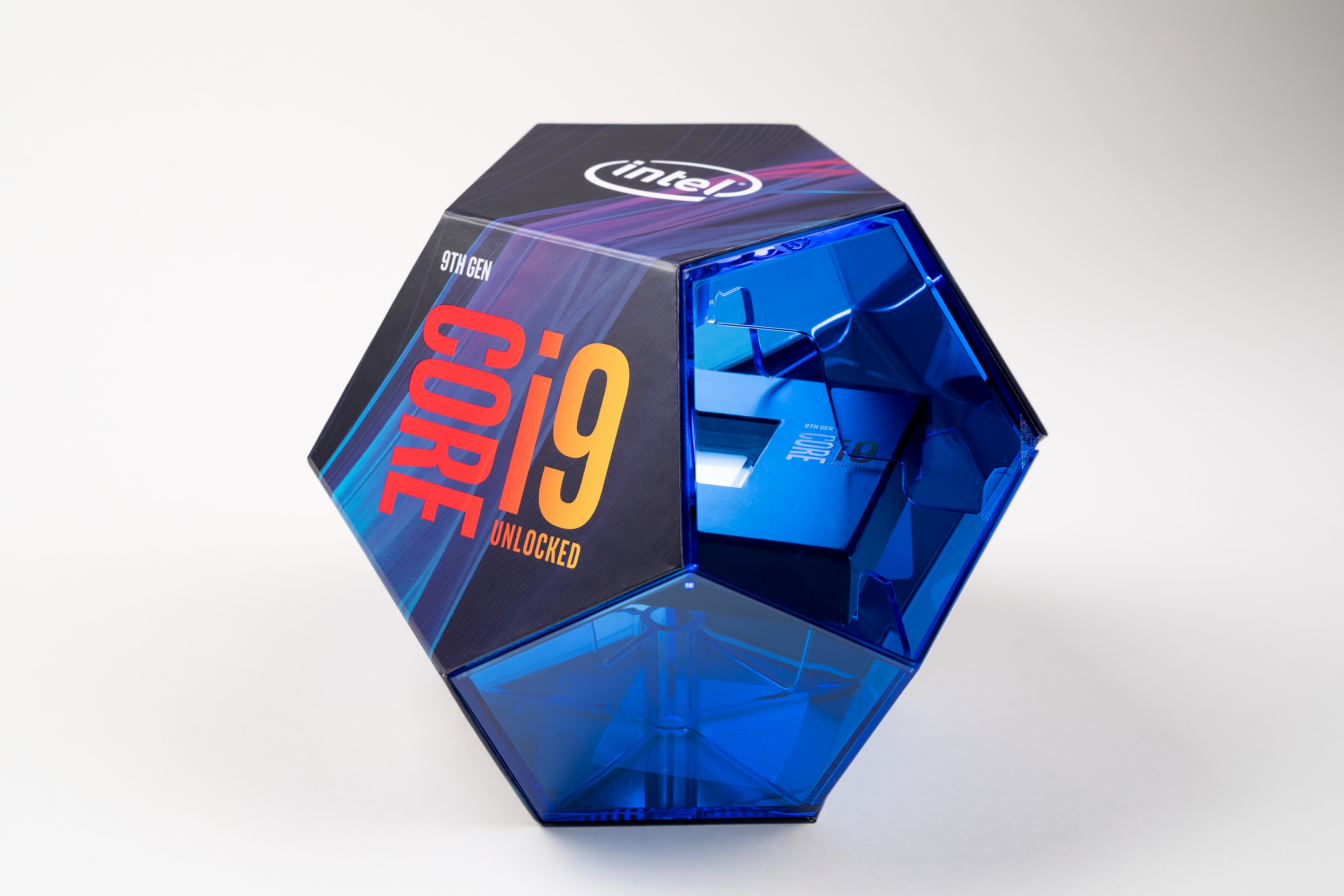
It's a lot faster than any other mainstream desktop CPU in nearly everything
A lot of criticism aimed at Intel's flagship CPU was focussed on its performance relative to its closest competitors - AMD's Ryzen 7 2700X and Intel's own Core i7-8700K. The former costs half as much, but to expect twice the performance or even 50 percent more performance just because it costs twice as much is flawed reasoning. For instance, AMD's Ryzen 7 2700X isn't twice as fast as the Ryzen 5 2600 in games or multi-threaded tasks, despite costing around twice as much. You simply don't see the kind of scaling with CPUs as you might do with other PC hardware.
That's not to say the Core i9-9900K isn't faster, though. In fact, it's noticeably quicker than both CPUs in a range of tests. In HandBrake, the Ryzen 7 2700X, despite having the same number of cores and threads, was 23 percent slower than the Core i9-9900K, taking 74 seconds compared to 60 seconds in our benchmark using a one-minute video file. Dealing with an hour-long video file, then, this would have equated to an extra 14 minutes of encoding time and nearly half an hour for a two-hour movie.
The Core i9-9900K has a lead in several game titles too, and while using fast memory can help close the gap with AMD CPUs, you're still looking at around five to 10 percent, more in some cases, even with 3,400MHz memory. The opposite is true for the Core i7-8700K, which performs similarly in games but trails by a huge margin in multi-threaded tests. It was 40 percent slower in HandBrake, and its score in Cinebench of 1,397 compared to 2,039 for the Core i9-9900K speaks for itself - the new CPU is a huge amount faster when it comes to content creation and 3D modelling and in some cases gaming too.
The fact both the Ryzen 7 2700X and Core i7-8700K have big chinks in their armour when pitched against the Core i9-9900K means that the new flagship is one of the best all-rounders we’ve seen – it’s great at everything and that’s undoubtedly why Intel feels it can charge a premium for it.
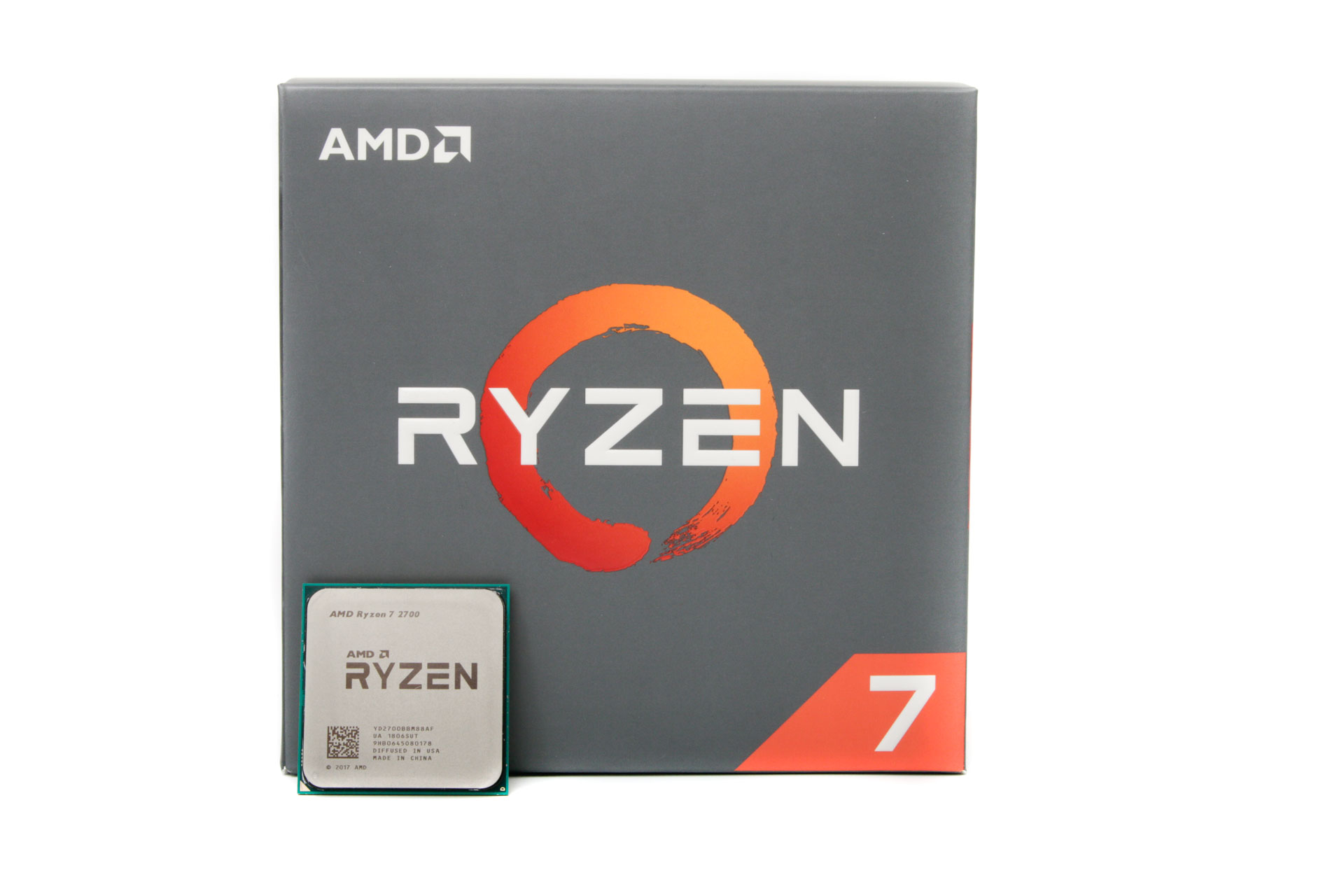
It's a match for many HEDT CPUs in certain scenarios
Following on from my last point, one of the reasons it’s a great all-round CPU and an interesting fact to come out of the mass of benchmarking, is that several high-end desktop CPUs – traditionally the content creation workhorses of the CPU world – appear very expensive compared to the Core i9-9900K. It matched or even bettered far more expensive CPUs in some cases. The Core i9-7900X, which costs significantly more than the mainstream CPU, was slower at stock speed in Cinebench and HandBrake and only when massively overclocked did it offer any benefit.
AMD wasn't immune to the situation either, with the Threadripper 1920X and 2920X not offering massive gains in HandBrake or Cinebench and performing slower in some games. They might be similarly priced or cheaper (the Threadripper 1920X has been prices drop to below £300 recently!), but overall the Intel CPU is stepping on the toes of Intel and AMD's low-end HEDT CPUs, especially in multi-purpose scenarios.
The Core i9-9900K's occasional HEDT CPU-beating performance is certainly an important factor to consider if you're building a reasonably priced content creation system - especially so if you just need some multi-threaded grunt and aren't particularly fussed about the extra PCIe lanes and memory channels the X299 and X399 platforms provide.
However, as well as performance, total platform price is a huge factor that's often overlooked, as the entry cost for X299 and X399 is significantly higher than Intel's mainstream chipsets that support the Core i9-9900K. You can buy X299 motherboards for around £150, but you still have the additional cost of quad-channel memory. AMD's X399 chipset motherboards are far more expensive; you'll be lucky to see any change from £200. However, you can bag a Z370 or Z390 motherboard for around £100 and non-overclocking boards using the likes of the B360 chipset are even cheaper, yet you'll still see great performance from the Core i9-9900K thanks to its high stock speed all-core boost. Being more specific, the case against the Core i9-7900X is pretty damning - PCIe lanes and quad-channel memory aside, it looks poor by comparison. Meanwhile, given their much higher platform cost, AMD's 12-core Threadrippers don't look particularly attractive price-wise either, though I can't deny the good value on recent 1920X offers.
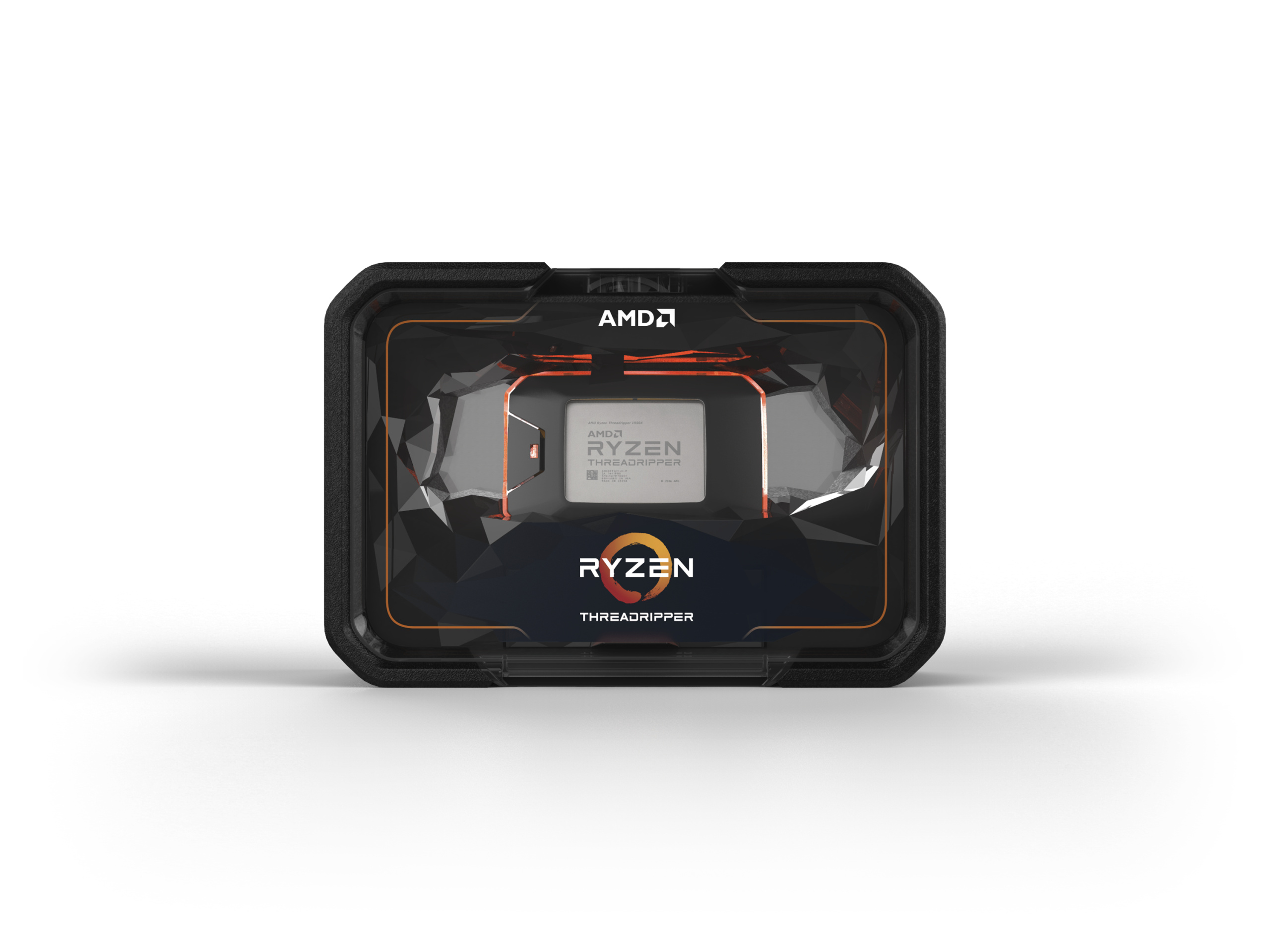
There are more motherboards to choose from
The argument here is mainly an AMD versus Intel one, as the Core i7-8700K also has a similar choice of motherboards, but it's certainly true that the Core i9-9900K enjoys a long list of compatible boards. Ryzen still lacks an X470 micro-ATX board, yet several are already available for Z390 despite its recent launch. You'd be limited to a B450 chipset if you wanted a 400-series chipset board, and we've found a few of these suffer from overheating VRMs.
Mini-ITX is a similar situation. There are slim pickings spread across both X470 and B450, while Z390 already has at least five boards. ATX is a different story, which isn't surprising, but for small form factor fans especially, the Core i9-9900K is much more appealing in terms of motherboard choice than AMD. The Intel CPU also has onboard graphics, so unlike Ryzen CPUs, you don't strictly need a graphics card, potentially opening the door to a powerful yet tiny content creation PC, if your software won't benefit from Nvidia or AMD GPU acceleration, that is. Finally, there are precious few ways of getting more grunt into a tiny PC too – only ASRock’s crazy X299E ITX/ac offers more potential.
So, while the Core i9-9900K might appear expensive, it offers a much lower platform cost compared to both Intel and AMD's HEDT CPUs, and both the Core i7-8700K and Ryzen 7 2700X are significantly slower in a number of tests. It's not affordable or even necessary for everyone, but for a lucky few, it's a great CPU and worth the cash, especially compared to HEDT CPUs with 12 or fewer cores.

MSI MPG Velox 100R Chassis Review
October 14 2021 | 15:04

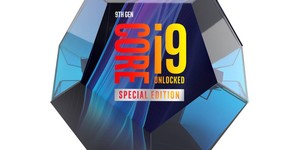
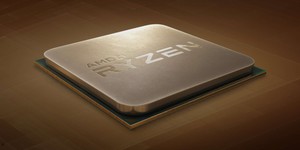
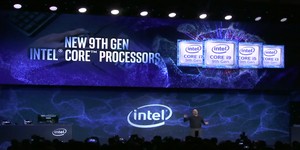




Want to comment? Please log in.